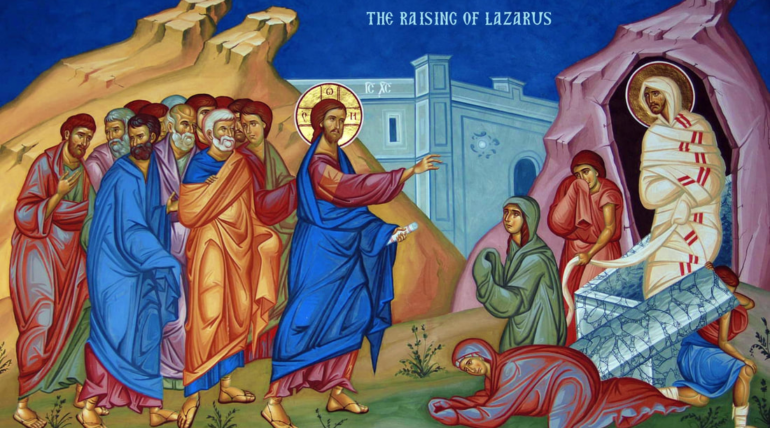 23rd Sunday C – Encountering Christ
23rd Sunday C – Encountering Christ
Religion, like the clerical collar, has fallen on hard times. Fewer people are interested. And more is the pity. Rabbi Jonathan Sacks sums up religion’s influence on society thus: “It builds communities. It aids law-abidingness. And it helps us think long term. Most simply, the religious mindset awakens us to transcendence. It breaks the shell of selfhood and opens us to others and to the world” – Morality, 303. Voltaire wanted his tailor, valet, cook and wife to believe in God because ‘If they do, I shall be robbed less and cheated less.’ Dostoevsky expressed the view that ‘If God did not exist, all would be permitted.’
If anyone comes to me without hating his father, mother, wife, children…. None of you can be my disciple unless he gives up all his possessions. Jesus was not unmindful of the fourth commandment, honour thy father and thy mother. He was saying that to follow his way of life, the way of the gospel, would be very costly. Those who are trying to live Christian lives today are faced, not necessarily with martyrdom, not even with hostility or contempt: they are faced with the indifference of their fellow men and women. Apathy from those we expect interest and support is hard to endure.
Returning to Ireland after nearly four decades away I was struck by a feeling that God and religion had become ‘unreal’ for many ordinary people – simply off their map. There was a widespread haemorrhaging of faith, and in the mass media a cynicism about religion. Many people, without actually denying God’s existence, in practice seemed to be living as if God did not exist at all. I felt there was a certain cohort of people in church on Sundays who really didn’t want to be there. Some, who have a greater loyalty to the church than an understanding of its faith, might disagree with that assessment.
An Italian bishop once remarked that he wakes up every day as an atheist and only gradually climbs into faith. People’s struggles with faith today are often at the affective rather than the intellectual level. Francis often uses the phrase “encounter with Christ” to express an experiential or affective spirituality. “Without some transforming moment where we recognise that we are loved, we are not talking about Christian faith in its fullness. He loved me and gave himself for me, writes Paul to the Galatians. To grasp that is to be awakened in the heart and imagination to a new relationship” – Michael Paul Gallagher


